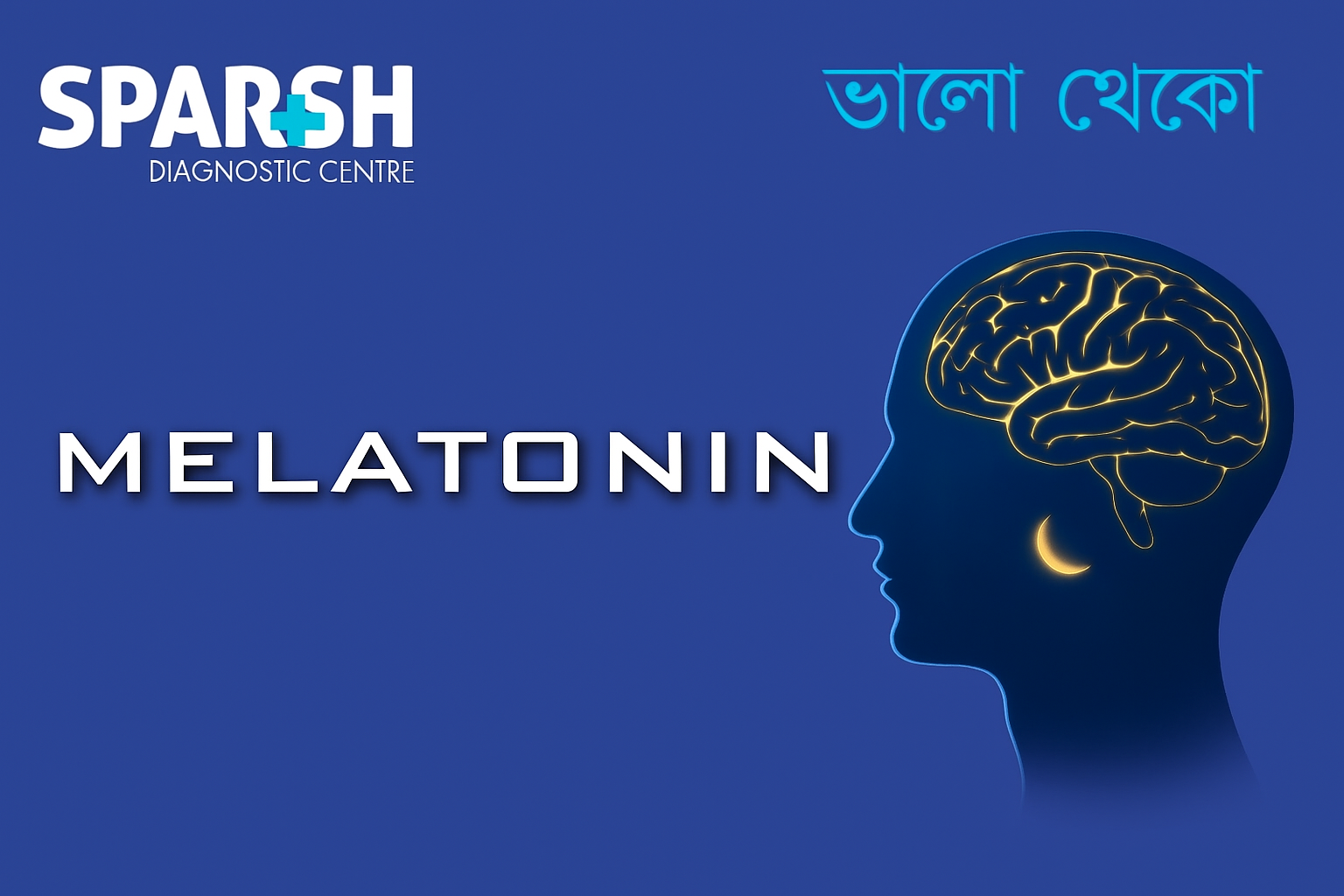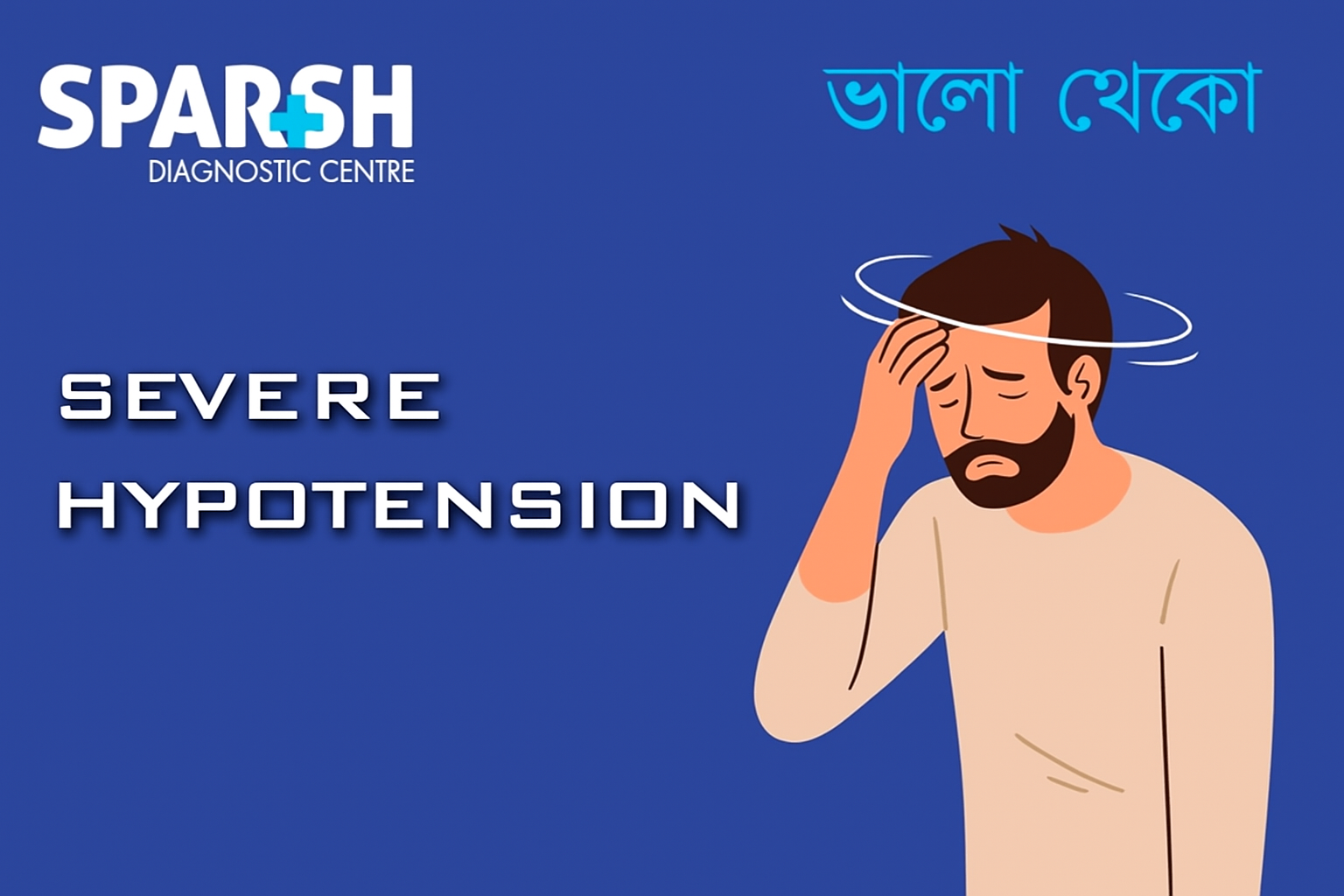In our fast-paced world, sleep disorders are becoming increasingly common. Many people struggle to fall asleep, stay asleep, or feel rested upon waking. One key player in the body’s natural sleep–wake cycle is melatonin, often called the “sleep hormone.”
Melatonin has gained popularity both as a natural sleep aid and as a supplement for other potential health benefits. But what exactly is melatonin, how does it work, and when should it be used? This guide explores everything you need to know about melatonin — from its biological role to safe supplementation.
What is Melatonin?
Melatonin is a naturally occurring hormone produced by the pineal gland, a small, pea-shaped gland located in the brain. It helps regulate the circadian rhythm — the body’s internal clock that governs sleep and wakefulness.
Chemical nature: Melatonin is synthesized from the amino acid tryptophan via serotonin.
Primary role: Signaling to the body that it’s time to rest.
Regulation: Its production is influenced by light exposure. Darkness stimulates melatonin release, while light suppresses it.
How Melatonin Works in the Body
Melatonin secretion is closely tied to the sleep–wake cycle:
During the day – Bright light signals the brain to suppress melatonin production.
In the evening – As darkness sets in, melatonin levels rise, promoting sleepiness.
At night – Melatonin levels peak, supporting restorative sleep.
Early morning – Light exposure reduces melatonin levels, helping you wake up.
Sources of Melatonin
1. Natural Production
The body makes melatonin primarily in response to darkness. Maintaining a consistent sleep schedule and limiting blue light exposure at night supports healthy production.
2. Dietary Sources
Certain foods naturally contain small amounts of melatonin, such as:
Tart cherries
Grapes
Tomatoes
Walnuts
Milk
Rice
3. Supplements
Melatonin supplements are available in various forms:
Tablets and capsules
Gummies
Sublingual drops
Extended-release formulas
Health Benefits of Melatonin
1. Improves Sleep Quality
The most common use of melatonin is for insomnia and jet lag. Studies show it can:
Reduce the time it takes to fall asleep
Increase total sleep time
Improve sleep efficiency
2. Helps with Jet Lag
Melatonin can help reset your internal clock when traveling across time zones.
3. Supports Shift Workers
Night-shift workers often experience disrupted circadian rhythms. Melatonin can help improve their sleep quality during daylight hours.
4. May Support Eye Health
Melatonin’s antioxidant properties may protect the retina and reduce the risk of age-related macular degeneration.
5. Potential Role in Seasonal Depression
In some cases, melatonin helps regulate mood changes linked to seasonal affective disorder (SAD).
6. Supports Immune Function
Research suggests melatonin has immune-modulating effects, potentially helping the body respond to inflammation.
Melatonin and Sleep Disorders
Insomnia
Melatonin is not a sedative — it doesn’t “knock you out,” but rather signals the body that it’s time to sleep. It can be particularly helpful for:
Delayed sleep phase disorder (difficulty falling asleep at night)
Age-related insomnia (older adults produce less melatonin naturally)
Jet Lag
Taking melatonin close to your desired bedtime at your destination can help minimize jet lag symptoms.
Shift Work Sleep Disorder
For those working nights or rotating shifts, melatonin can help align sleep patterns with work schedules.
Dosage Guidelines
Melatonin dosage depends on age, purpose, and sensitivity. General recommendations:
Adults: 0.5 mg to 5 mg, 30–60 minutes before bedtime
Older adults: Often respond to lower doses (0.3 mg to 2 mg)
Children: Only under medical supervision, typically for specific sleep disorders
Tip: Start with the lowest effective dose to minimize side effects.
Possible Side Effects
While generally safe for short-term use, melatonin can cause mild side effects, including:
Who Should Avoid Melatonin?
Melatonin may not be suitable for:
Pregnant or breastfeeding women
People with autoimmune disorders
Individuals taking blood thinners, blood pressure medications, or immunosuppressants
Always consult a healthcare provider before starting melatonin.
Natural Ways to Boost Melatonin Production
Limit blue light before bed (phones, TVs, laptops)
Stick to a consistent sleep schedule
Dim lights in the evening
Create a dark sleeping environment
Include melatonin-rich foods in your diet
Melatonin Myths vs. Facts
| Myth | Fact |
|---|---|
| Melatonin is addictive | Melatonin is not habit-forming |
| More melatonin = better sleep | Higher doses do not always improve sleep |
| Only supplements help | Lifestyle changes can boost natural melatonin production |
FAQs About Melatonin
Q1: How long does it take for melatonin to work?
A: Usually within 30 to 60 minutes after consumption.
Q2: Can I take melatonin every night?
A: Short-term use is generally safe, but long-term use should be discussed with a doctor.
Q3: Does melatonin help with anxiety?
A: Melatonin may indirectly reduce anxiety by improving sleep quality, but it’s not an anxiety medication.
Q4: Can I drive after taking melatonin?
A: No. Melatonin can cause drowsiness — avoid driving or operating heavy machinery.
Q5: Is melatonin safe for children?
A: Only under medical supervision, usually for diagnosed sleep disorders.
Q6: Will melatonin cause weight gain?
A: There’s no strong evidence linking melatonin to weight gain.
Q7: What’s the best time to take melatonin?
A: 30–60 minutes before your desired bedtime.
Q8: Can I take melatonin with alcohol?
A: No. Alcohol can interfere with melatonin’s effects and disrupt sleep.
Melatonin is a powerful regulator of sleep and circadian rhythms. While it’s available as a supplement and widely used for insomnia, jet lag, and other sleep-related issues, it’s not a cure-all. Lifestyle adjustments, light management, and good sleep hygiene remain crucial for healthy sleep.
If you’re considering melatonin supplementation, start with the lowest effective dose and consult your healthcare provider, especially if you have existing health conditions or are on medication.
#BhaloTheko
Disclaimer:
No content on this site, regardless of date, should ever be used as a substitute for direct medical advice from your doctor or other qualified clinician.

![]()






[…] While traditional treatments include medications, lifestyle modifications, and in some cases, surgical interventions, recent research has shed light on an unexpected player in cardiovascular health — melatonin. […]
[…] Limit exposure to screens (TV, phone, computer) before bedtime, as the blue light emitted by these devices can interfere with the production of melatonin, the hormone that regulates sleep. […]
[…] Function:Vitamin B6 is crucial for the production of neurotransmitters and red blood cells. It plays a role in regulating mood and sleep by aiding in the production of serotonin and melatonin. […]
[…] Sleep: Regulates sleep-wake cycles; it’s a precursor to melatonin. […]
[…] light emitted from screens suppresses melatonin production — the hormone responsible for regulating sleep. According to sleep research, using a […]